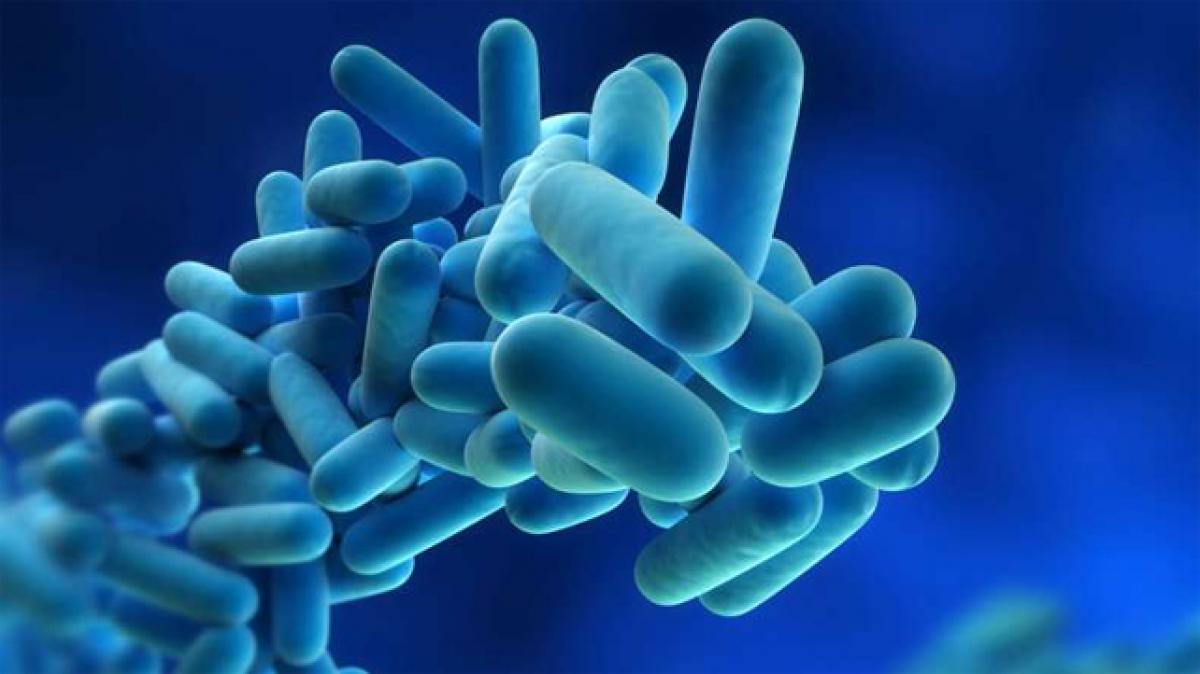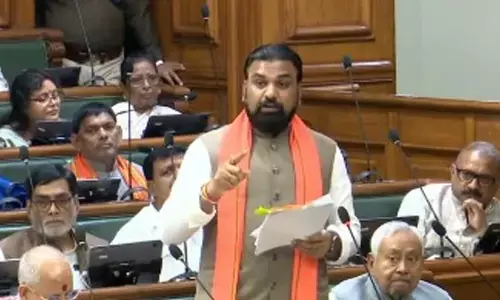Even bacteria trade inside our body

Even Bacteria Trade Inside Our Body. Economic concepts not just explain about how societies buy, sell, and trade goods and services but can also explore the mysteries about the behaviour of microbial life on the earth and inside our body, a study says.
New York: Economic concepts not just explain about how societies buy, sell, and trade goods and services but can also explore the mysteries about the behaviour of microbial life on the earth and inside our body, a study says.
.jpg)
Microbes are everywhere -- in the air, soil, and even inside the human body.
Although microbes are ubiquitous, they interact with each other in complicated ways that are not well understood.
A large fraction of microbial life exists in complex communities where the exchange of molecules and proteins is vital for their survival.
They trade these essential resources to promote their own growth in ways that are similar to countries that exchange goods in modern economic markets.
Researchers from Claremont Graduate University, Boston University and Columbia University applied the general equilibrium theory of economics -- which explains the exchange of resources in complex economies -- to understand the trade of resources in microbial communities.
The researchers experimented with a synthetic consortium of Escherichia coli cells.
They manipulated the cells' DNA to artificially alter the production and export rate of the cells, and then tested the population growth implications of the theory.
As trade increased, the bacterial communities grew faster, the results said.
While all of the microbes benefited from trade, the more a bacteria strain exported, the slower it grew relative to the importing bacteria strain.
"That means that species face a trade off between growing their communities faster versus increasing their own population relative to that of a trading partner," said Joshua Tasoff, economics professor at Claremont Graduate University.
"The results open the door for the application of other economic concepts that could improve our understanding of microbial and other biological communities," Tasoff said.
The results were published in the open access journal PLOS ONE.








